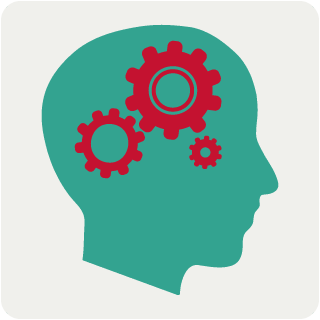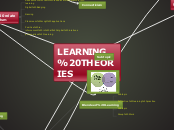LEARNING THEORIES
Behaviourism
Behaviour
Knowledge
Teaching
Learning

Operant conditioning
Rewards and Punishment
Positive and Negative Reinforcement
Combination of Forces
Genetic
Environment
Connectionism
Digital Practises related to Behaviourism
Assessments with feedbackto promote learning
Digital Badging
Gaming
Classroom mngt applivations
Positive re-inforcement in all digital iniatives
personalised learning
Radical Behaviourism
Skinner
- conceptual analysis of behavior
- focus on observable behaviors
- thinking
- feeling
- Applied Behavior Analysis (ABA)
- Originally behavior modification
Classical conditioning
Rote Learning
Memorisation
Constructivism
Blendeed Learning
Subtopic
Reflective learning practise
Subtopic
Group Work
Learner-centric method
Creating communities of practice with cohorts on the LMS and the internal social media platform
Digital Practises used that are related to Constructivism

Use of interactive text in e-learnings
Effective use of Video for the purposes of learning
Effective use of Audio in e-learnings, podcasts and videos for the purposes of learning
Effectives use of interactive learning maps
Problem Based Learning
Project Based Learning
Social Constructivism
Vygotsky
Project Based Learning
Spark Social Collaboration Platform for learning
Group Work
Team based learning
Communities of practise
Collaborative Learning
Situated Cognitivism
70:20:10 Principle
70% on the job learning
Authentic learning experiences
20% Informal learning
10% formal learning
Case based learning
EDUCATIONAL TOOLS
Online classrom support Tools-
Gizmos- Active Experimentation
Webex
Virtual Reality learning
Cognitivism
Digital practises linked to Cognitivism
Interactive gaming incorporating complex analysis and decision making
Online Quizzes
Branched e-learnings based on complex scenarios
problem solving
Learning strategies
convergent thinking
divergent thinking
critical thinking
cognitive dissonance
memory/recall

Connectivism
Cognitive loading theory
extraneous load
germane load
Intrinsic Load

